Workplace and Community Training
To find out more about upcoming training, go to our Get Involved page, or make an enquiry with our training team.
To find out more about upcoming training, go to our Get Involved page, or make an enquiry with our training team.
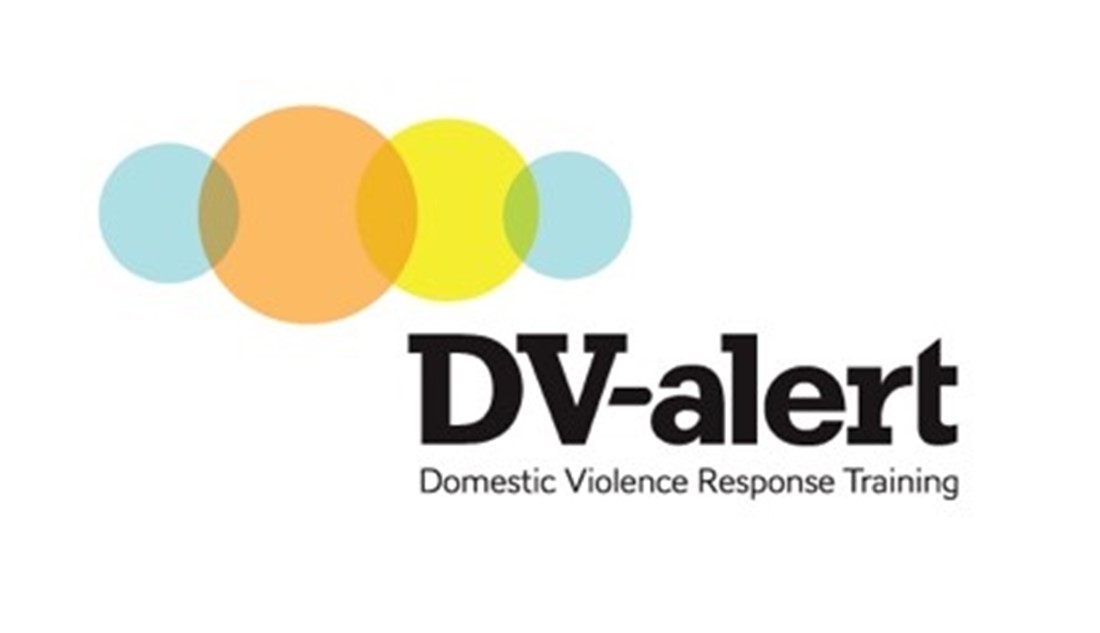
Our DV-alert training course can help participants to identify the different signs and forms of abuse that constitute domestic and family violence. It also educates participants on the "Cycle of Violence" and "Duluth wheels" – power and control, equality and empowerment. This training course is tailored to frontline workers or volunteers supporting the general community in the areas of heath, allied health, higher education and childcare.
Training is delivered on behalf of Lifeline Australia RTO 88036 (see our Compliance Manual here). As an accredited training program, DV-alert is mapped out against the unit of competency CHCDFV001: Recognise and respond appropriately to Domestic and Family Violence. Entry requirements can be found on page 11 of the Pre-Enrolment Booklet. Participants who complete the training and assessment will receive a statement of attainment. DV-alert is free for eligible frontline workers (funded by the Australian Government Department of Social Services).
Delivery:
Outcomes:
Next Workshops:
Visit our What's On page to see when our next DV-alert workshops are scheduled.

Do you want to understand the initial signs of domestic and family violence, and know how to respond appropriately and refer colleagues, friends and family members if necessary? This awareness session awareness sessions lays the foundations to understanding and responding to domestic and family violence issues.
The DV-aware sessions are free to participants (funded by the Department of Social Services) and there are no eligibility criteria - the awareness sessions are open to all members of the community over the age of 18.
Delivery:
Outcomes:
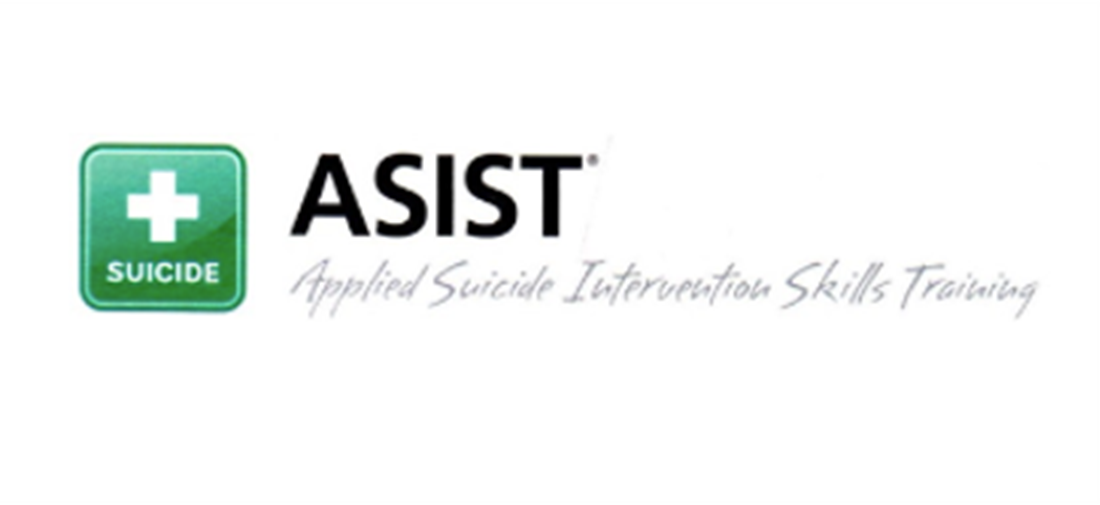
ASIST is a LivingWorks product delivered by accredited LivingWorks trainers.
Developed in 1983 and regularly updated to reflect improvements in knowledge and practice, ASIST is the world’s leading evidence-based suicide intervention workshop. During the two-day interactive session, participants learn to intervene and help prevent the immediate risk of suicide. Over 2,000,000 people have taken the workshop, and studies have proven that the ASIST method helps reduce suicidal feelings for those at risk.
Delivery:
Outcomes:
Upcoming Public workshops:
Public ASIST workshops are held in Melbourne CBD.
All scheduled public workshops are on our What's On page
Corporate and Community workshops:
If you would like to arrange an in-house ASIST workshop for your workplace or community group, please contact the Lifeline Melbourne Training Team at lifelinetraining@vt.uniting.org
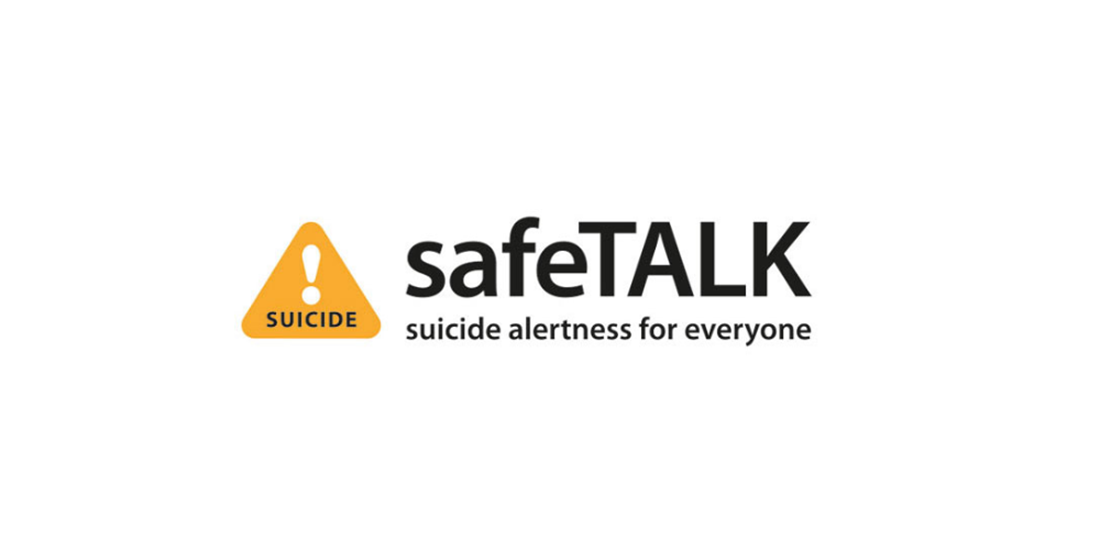
safeTALK is a LivingWorks product delivered by accredited LivingWorks trainers.
safeTALK is a suicide alertness workshop that prepares anyone over the age of 15, regardless of prior experience or training, to become a suicide alert helper. Participants learn to recognise the signs of when a person is considering suicide, how to respond accordingly, and how to link them in with further help.
Since its development in 2006, safeTALK has been used in over 20 countries around the world. It can be tailored to meet the needs of different communities or organisations. safeTALK-trained helpers are an important part of suicide-safer communities, working alongside intervention resources to identify and avert suicide risks.
Delivery:
Outcomes:
It is intended that safeTALK participants will be better prepared to:
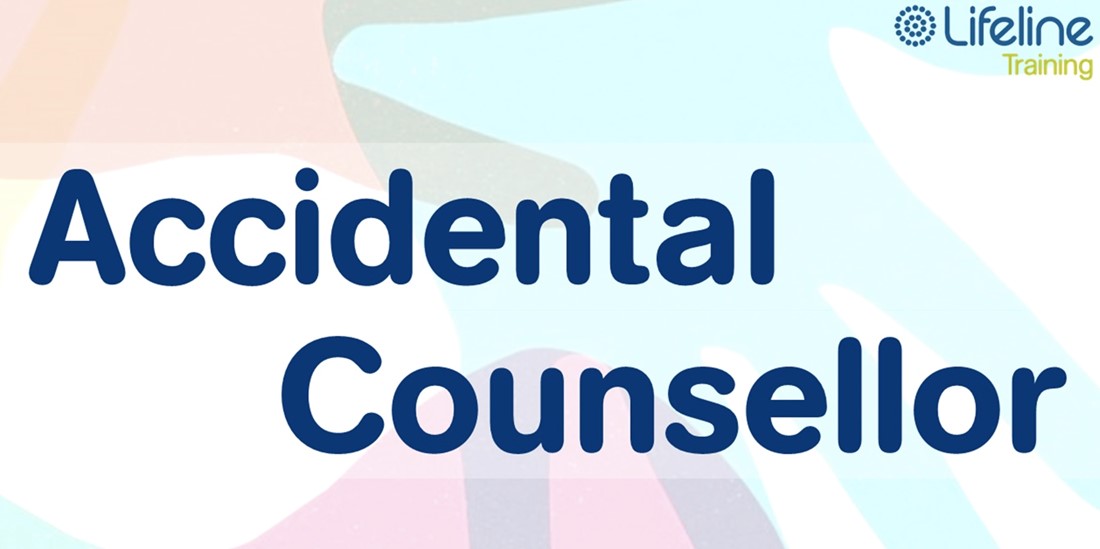
Accidental Counsellor is aimed at those who would like to be able to safely and effectively support friends, family, colleagues, and strangers who are in distress or experiencing a crisis.
In the work context, research tells us that employees are more likely to seek support from a work colleague than from a manager or formal support pathways. So, it is important employees have the basic skills and awareness to help assist others.
The skills learnt in the Accidental Counsellor course can be applied in many contexts, and will provide participants with skills in active listening, calming and effective gentle questioning. Participants will also learn how to ask openly about thoughts of suicide and respond safely whatever the answer.
The course is open to anyone, and no pre-existing skills or knowledge are required. We can also tailor the course to suit your corporate environment.
Please be aware that this course is NOT intended to train participants to be a counsellor.
Delivery:
A blended training model including:
Outcomes:
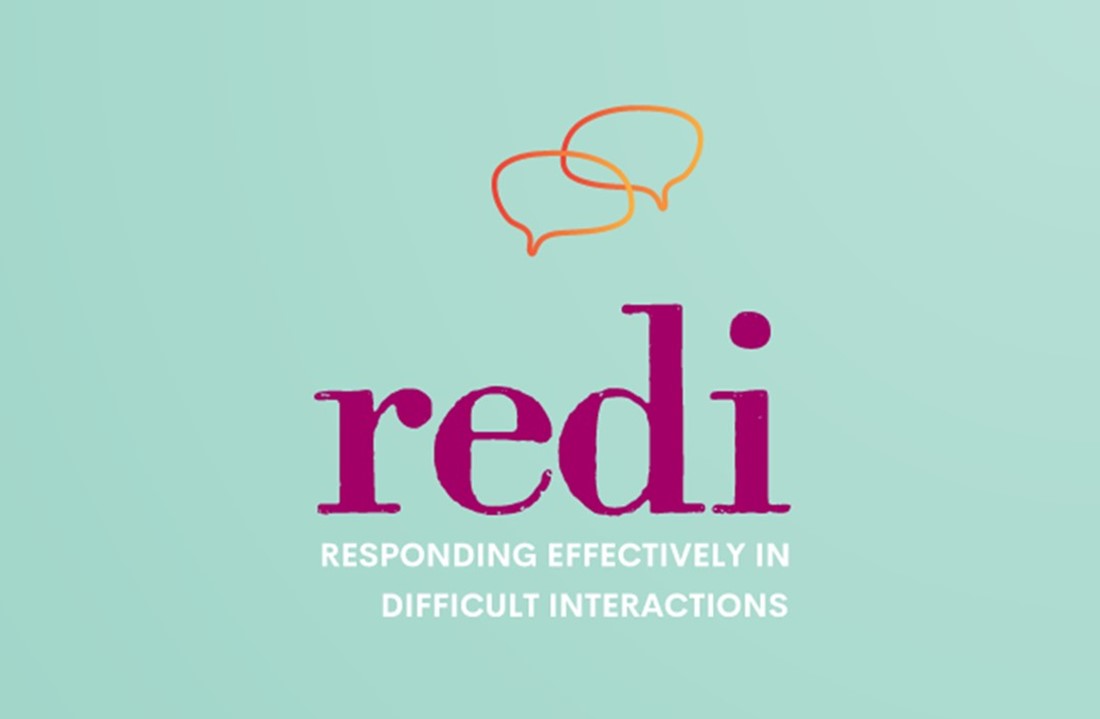
Interactions with people who are distressed, in crisis or angry can be one of the most difficult parts of someone’s role in the workplace. This can equally apply to external customers and clients, or colleagues and employees.
Providing training to people likely to be exposed to difficult interactions, to enable them to better understand what is behind the behaviour and how to safely intervene or de-escalate the situation is important for the wellbeing of those on both sides of the interaction.
This workshop is designed for frontline workers including but not limited to retail, call centre, collections, customer services, complaints handling and escalations staff, case managers or anyone exposed to difficult interactions in the workplace.
Delivery:
Outcomes:
Using the 'CALM' framework (Clarify the situation, Adapt your response, Link to support, Me time - self care), participants will learn:

It’s natural for all of us to feel concerned about the people around us, but sometimes we don’t know what to do to help – especially if we’re worried that they might be thinking of suicide. CALL for Help© is an information session designed to support community members who may be concerned that someone they know is thinking about suicide.
Find out what you CAN do to help by attending a CALL for help session.
Delivery:
2-hour facilitator led session (including question and answer time)
Outcomes:
At every session delivered by Lifeline Ballarat there is at least one trained crisis supporter in the room to provide support to audience members and to answer any questions.
At Lifeline Melbourne, we know that anyone can be faced with a crisis - their own or someone else's. Sometimes this is in the workplace where staff are supporting clients in crisis; sometimes it is in the community or in our personal lives. Having the skills to support others, and to know how to seek help is the key to promoting strong, effective, and resilient workplaces and communities. At Lifeline Melbourne, our Workplace and Community Training Team has helped people develop these key skills in businesses and government departments, sporting and community groups, and in education and health settings.
We also recognise that workplaces in our community are not immune from the impact of mental health issues and suicide. Research has shown that it is essential to offer health and wellbeing programs in the workplace to:
(Worksafe.qld.gov.au)
Find out more about our suite of Workplace and Community Training programs below: